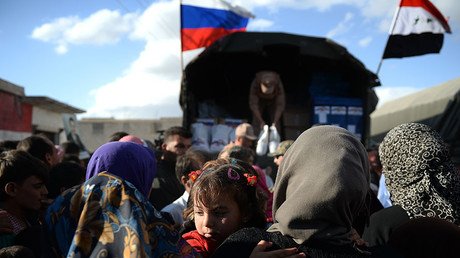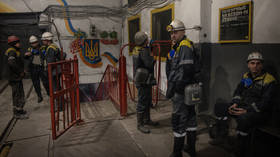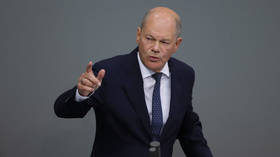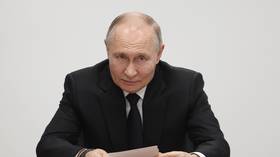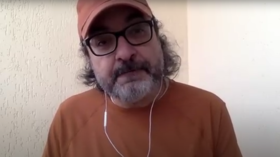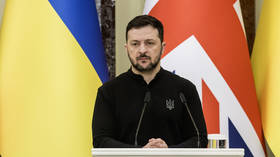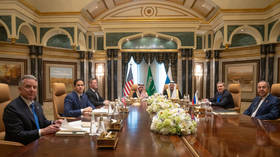Conflict instigators must foot humanitarian crises bills – Russian Emergencies Minister to UN
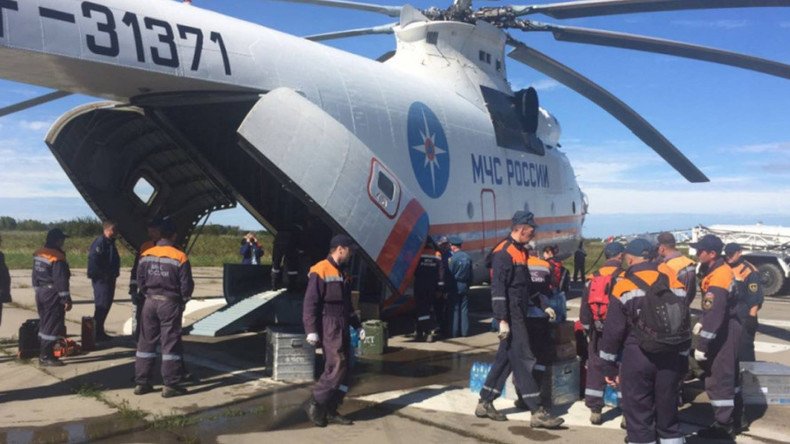
The head of Russia’s Emergencies Ministry has proposed a new economic model of humanitarian assistance and reparation payments to victims of war zones, recommending that initiators of conflict pay for the destruction and suffering caused by their policies.
“The Russian Federation proposes to build a new economic model of international humanitarian aid,” Vladimir Puchkov told the UN General Assembly in New York. The model is quite simple, according to Puchkov, who said that nations which initiate, incite and sponsor conflicts in other states should be “obliged to bear primary responsibility, including financial” for providing aid to refugees and persons internally displaced as a result.
The need to create a new mechanism arises from the lack of funding for international humanitarian relief budgets. Currently only around 5 percent of the funds required to remedy the widespread destruction and suffering are available, the Russian minister said.
To reduce the financial burden on the international humanitarian aid system, associated with the rise of terrorism and waves of refugees, Puchkov also stressed the need to focus on conflict prevention.
“We believe that settlement and conflict prevention is the best approach to reducing the burden on the international humanitarian system,” the minister said in a report at the 71st session of the UN General Assembly.
In order to improve the quality of international aid the minister also offered to take additional measures and help develop local crises response capabilities in conflict-torn countries.
“Instead of trying to provide for the millions of refugees in Europe, it is necessary to create opportunities for them to stay at home, or at least in the same region,” Puchkov noted.
Among other things, Puchkov urged that the international community intensify efforts to improve the international legal and contractual framework which would allow aid to quickly reach affected areas. Meanwhile developing countries, the minister said, should also recognize their responsibility and not remain “passive recipients.”
Speaking about the Russian contribution to global humanitarian aid missions, Puchkov highlighted that this year Russia participated in over 40 missions across the globe, offering aid to over 10 countries. Besides Syria and Ukraine, some of the recent recipients of Russian aid include countries such as Yemen and Afghanistan, in addition to western states such as Italy and Portugal. Overall, Russia engaged in over 450 missions across the globe over the last quarter of a century.
READ MORE: Russia & Syria launch large-scale humanitarian op for Aleppo residents - defense ministry
In addition, over the last three years, Moscow has sent more than $250 million to battle humanitarian crisis in a number of countries, by sending emergency food and medical assistance to populations affected by conflict and natural disasters.
The UN Office for the Coordination of Humanitarian Affairs (OCHA), which coordinates international humanitarian relief efforts said that last year more than 76 million people from 31 countries needed assistance. The UN office also noted in 2015 some 51 million people were displaced worldwide, which is the highest number since WWII.
